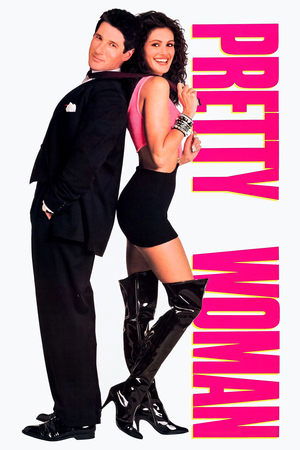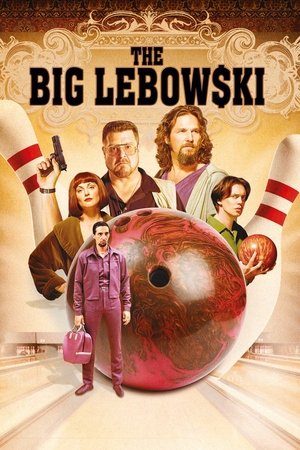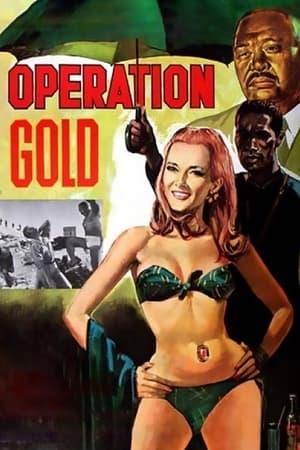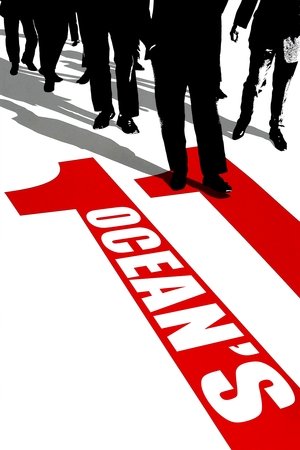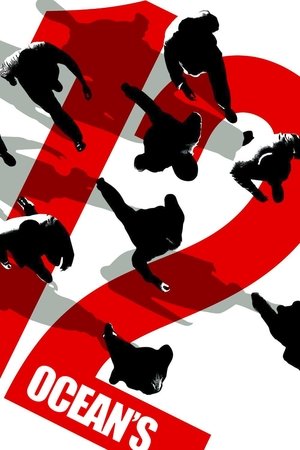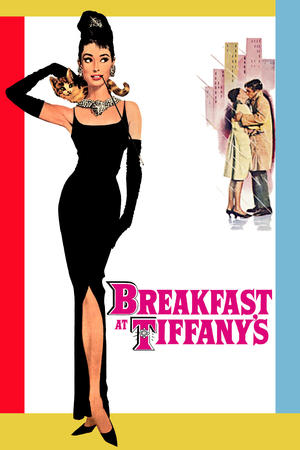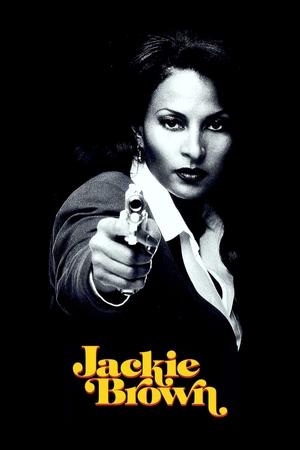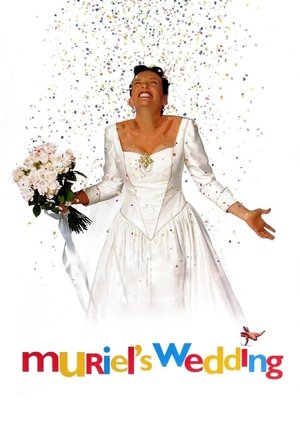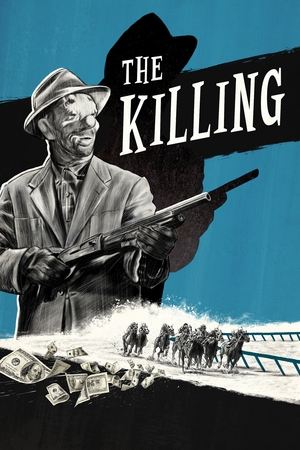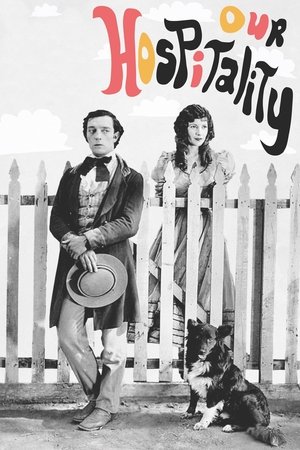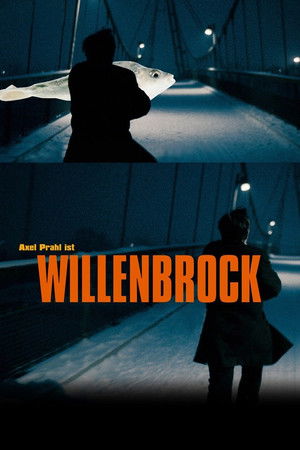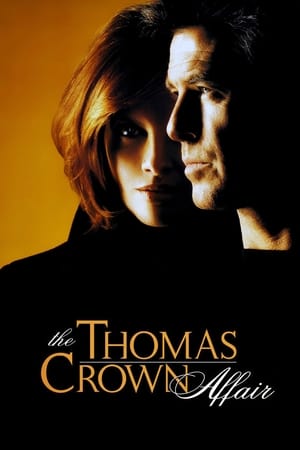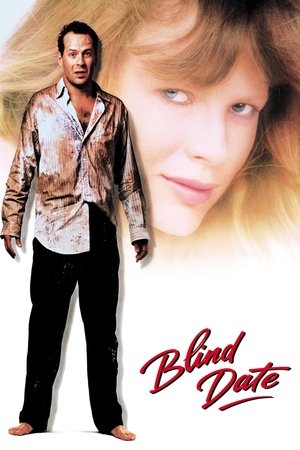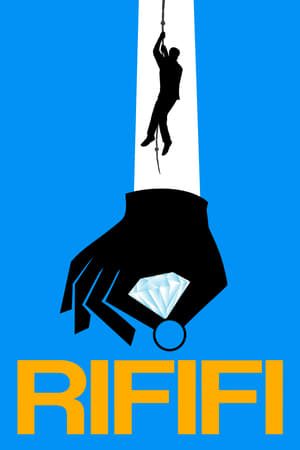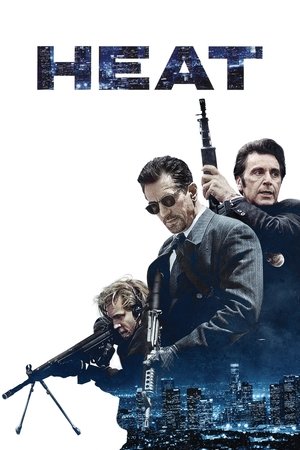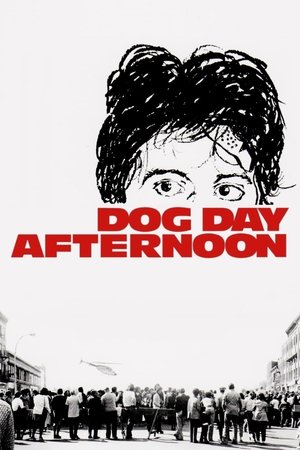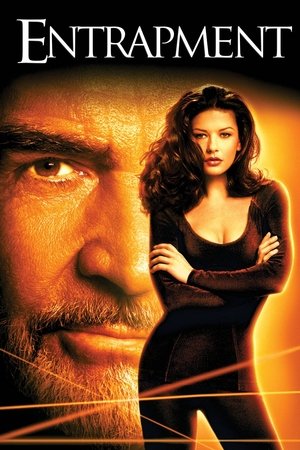Overview
Young businessman Thomas Crown is bored and decides to plan a robbery and assigns a professional agent with the right information to the job. However, Crown is soon betrayed yet cannot blow his cover because he’s in love.
Reviews
This is a wonderfully understated, classy heist movie that demonstrates clearly the panache of Steve McQueen as an actor. In the title role, he is a millionaire who presents an outward image of a man who has everything, but privately is meticulously planning and executing a bank robbery that nets him over $2 million. When the insurers bring in their best investigator - the glamorous and sassy Faye Dunaway, she quickly susses out what's what and we have a cunning game of cat and mouse tinged with some unsentimental romance. The Michel Legrand score is superb; the dialogue taut, occasionally witty and Norman Jewison's direction is subtle and attractive leading to the scene at the end that you could never forget. Great stuff.
They don't make 'em like this anymore, and that might be a good thing. McQueen is millionaire Thomas Crown, who hires a bunch of D.B. Cooper look-alikes to knock over a bank and give the money to him. He jets to Geneva with cash in tow, and opens a secret account that he uses to pay off his gang in installments. Fine. Jack Weston plays Erwin, one of the crooks who you just know is going to screw everything up. The Boston police are stumped, led by the lead stumped detective Eddie Malone (Paul Burke). There are no prints, no one seems to be able to give an accurate description of the gang, and the cops are at a dead end. Enter, almost thirty six minutes into this, Vicki Anderson (Faye Dunaway). Vicki is stylish, comes off as kind of dumb, and the perfect insurance investigator. She and Malone spend about three minutes deducing Crown is behind the robbery. Vicki is in it for the money, she gets ten percent of the more than two million dollars stolen as her salary. Vicki goes to the extraordinary means of kidnapping Erwin's child in order for him to get a large amount of money and prove he had something to do with the robbery. Vicki also makes herself available to Crown, under the watchful eye of Malone's cronies. Crown and Vicki fall in love, or is Vicki taking this investigation into some questionable territory? She lays all her cards on the table, telling Crown she is on to him, and literally ON him. Most of the rest of the film consists of this battle of twits, as one tries to outsmart the other. Finally, Crown comes up with the ultimate test for the unflappable Vicki, offering to rob the bank again and see if she will turn him in or not.
This film premiered in 1968, and was the basis for the 1999 superior-in-every-way remake starring Pierce Brosnan and Rene Russo. I, too, premiered in 1968, and felt ancient while witnessing what the fashion and interior design worlds were forcing onto my young mod parents. McQueen is cool and confident, Dunaway is cool and confident, and the film is cold and aloof. The viewer does not care one iota for these people, and I think the director senses this. Jewison pulls out every cinematic trick available- thank God as a nation we were able to reject the split-screen process and recognize it for what it was- stupid. The investment made in these two characters is so minimal, I knew every move they would make. Watching this is like watching an episode of "Columbo." The crime occurs, we know who did it, and we are supposed to be entertained by the process of detecting. In this film, the sexual byplay and tension is supposed to be the entertainment, and it is not. The chess scene is cutesy, the long kiss does not seem that long, and is concluded with another of Jewison's tricks. "The Windmills of Your Mind" is one of the worst Best Song Academy Award winners ever. It sounded like it was written in a recording studio bathroom while the singer cleared his throat and the orchestra tuned their instruments. Michel Legrand cannot decide if this film is a Hollywood romance from twenty years earlier, or a modern film defying those old conventions. He is all over the map. In the end, Crown's motive for all of this is that he is bored- I know how he feels. As Dunaway chokes back a sob at the end, and shows the only emotion in "The Thomas Crown Affair," I choked back my popcorn and motioned for the STOP button on the remote.

 102 min
102 min
 6.777
6.777
 1968
1968
 USA
USA
 CinemaSerf wrote:
CinemaSerf wrote: